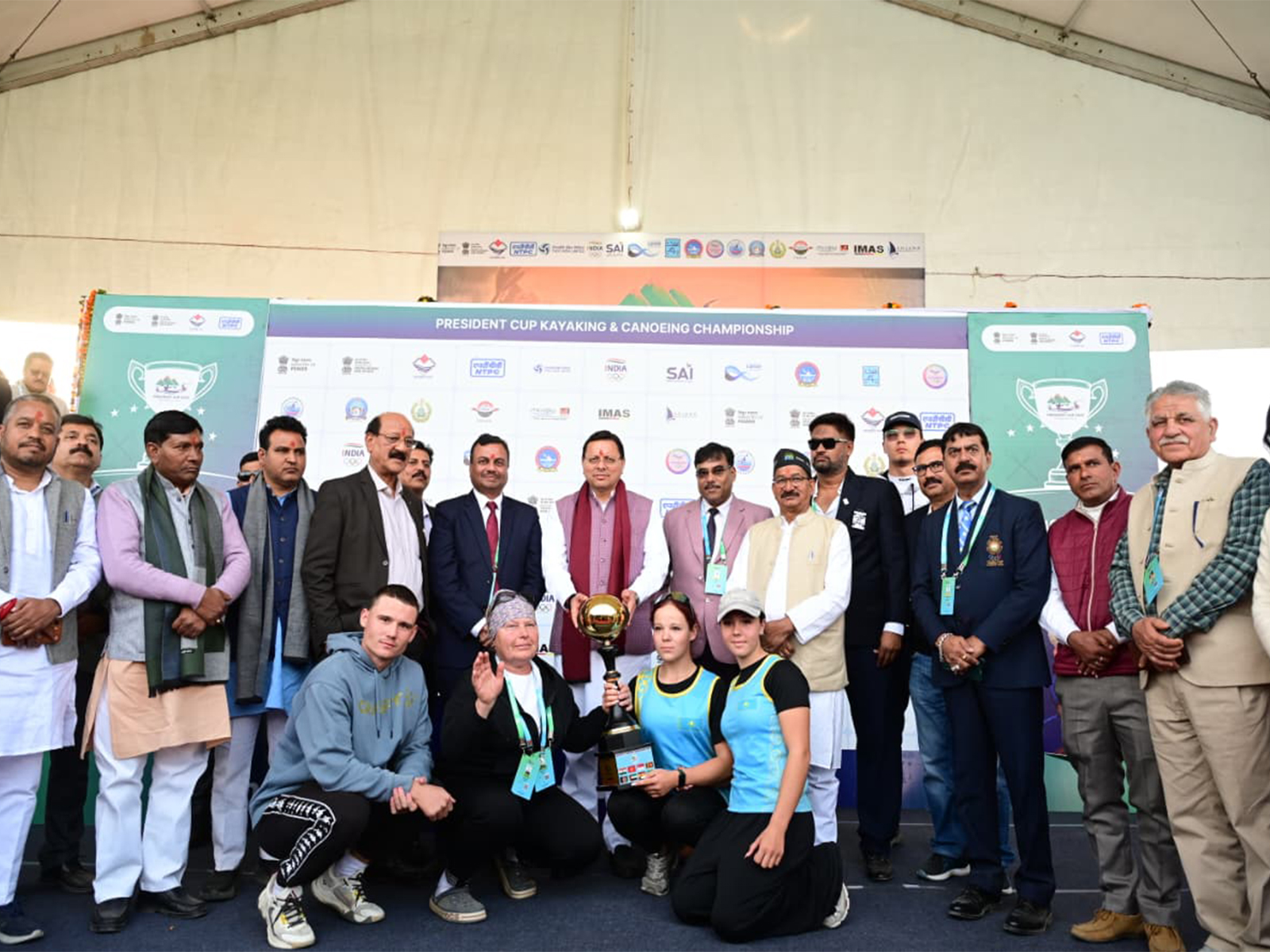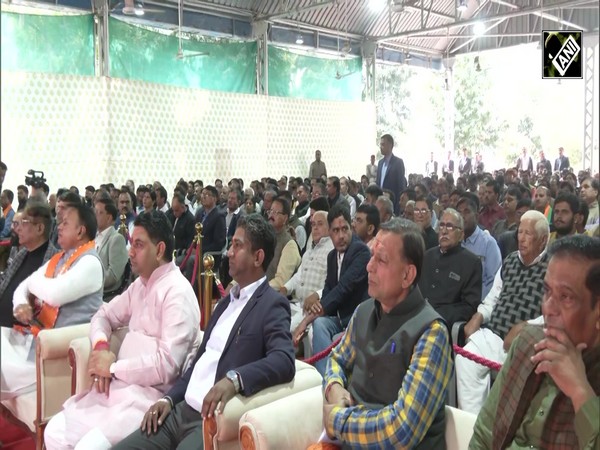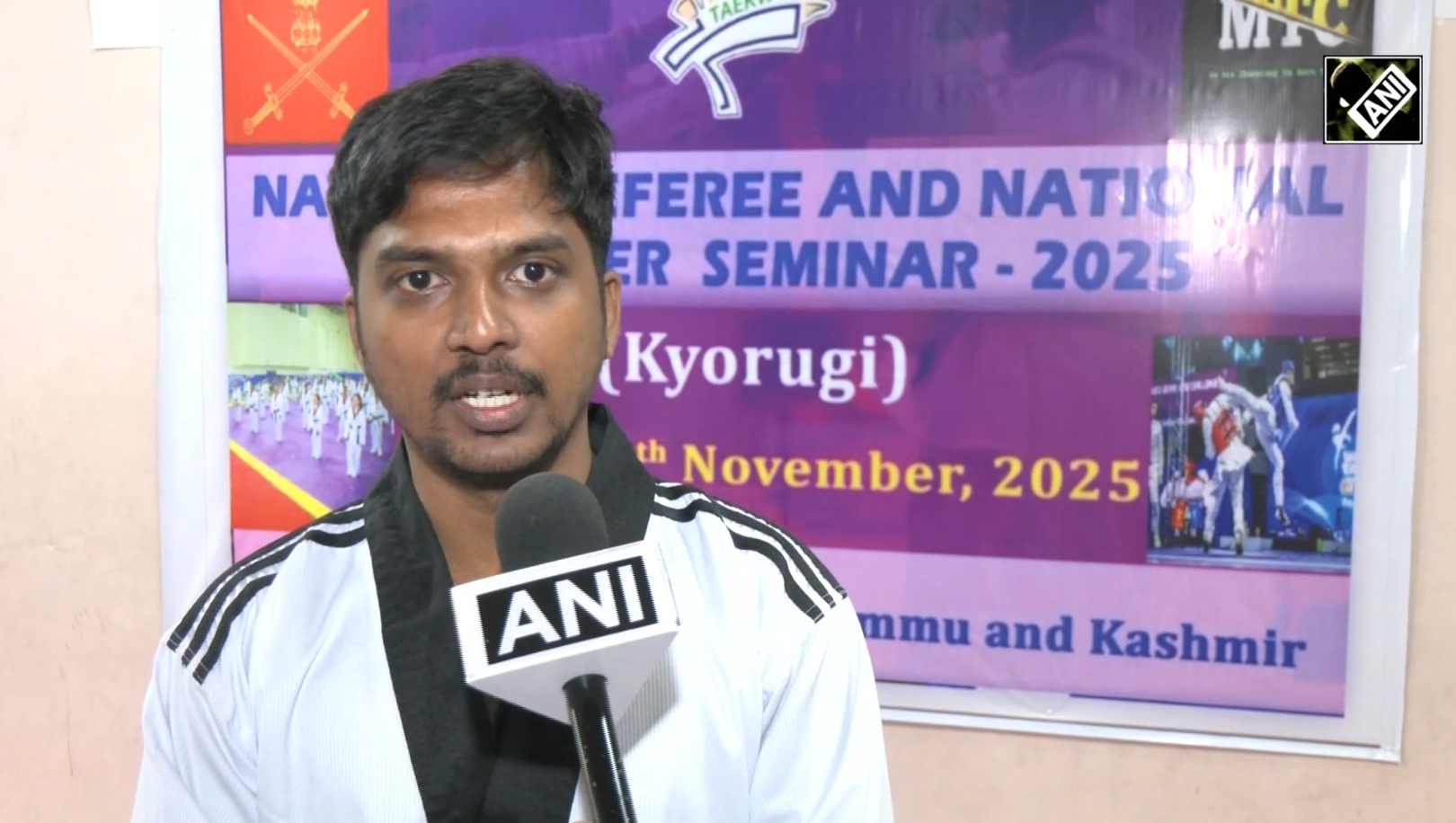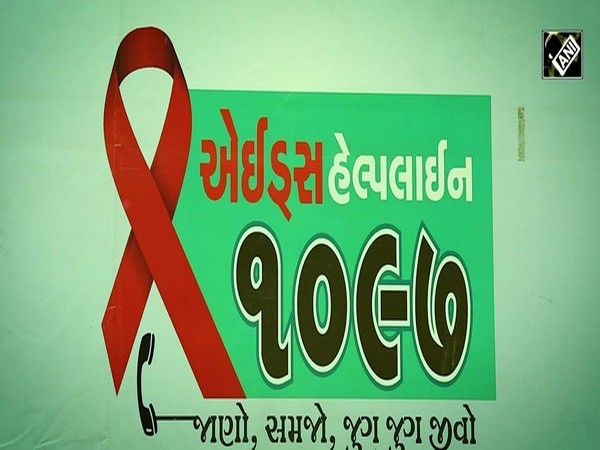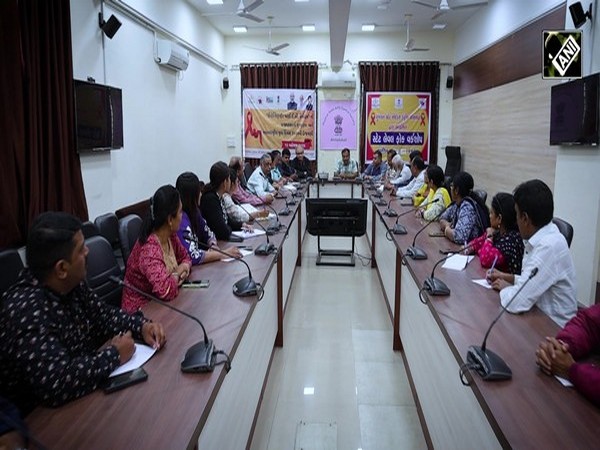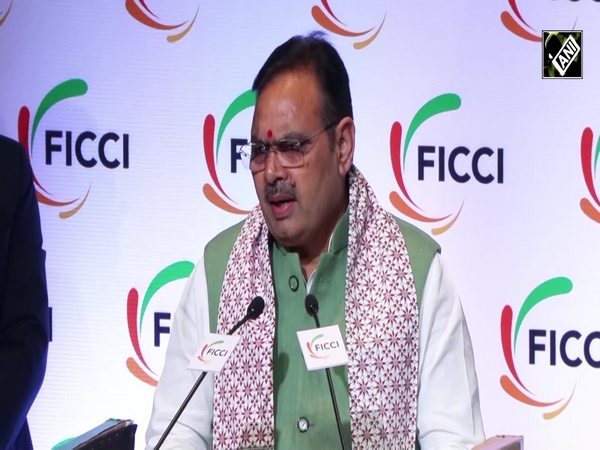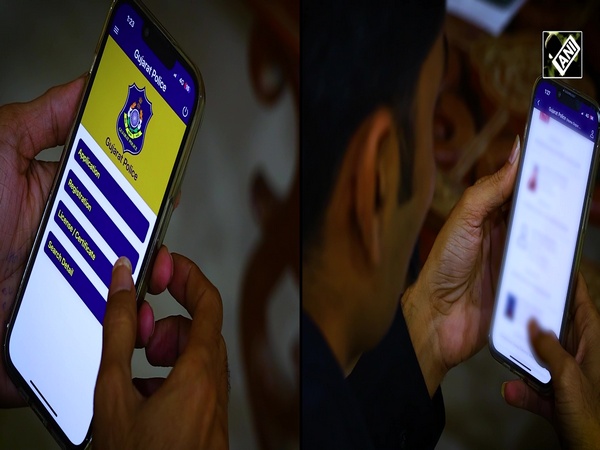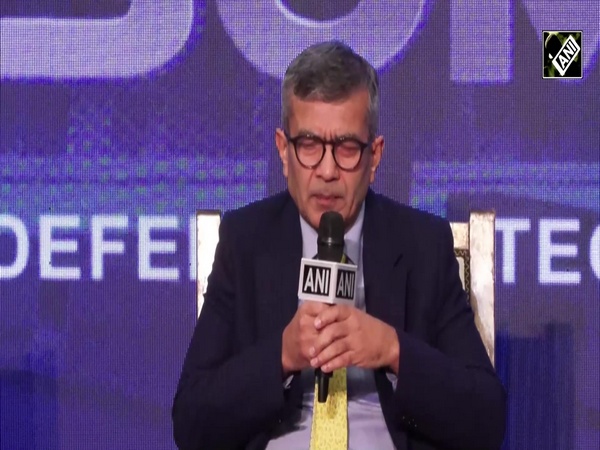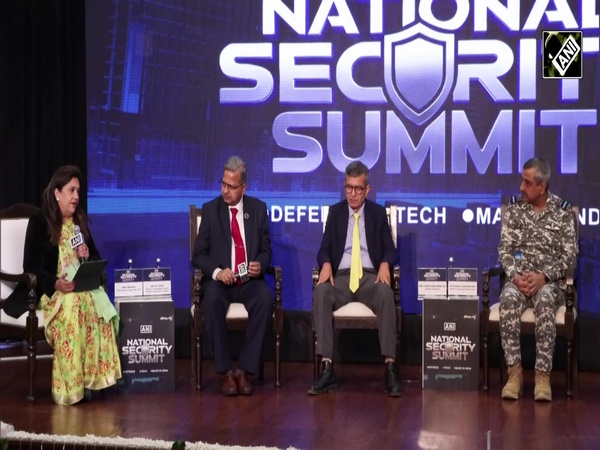July 19, 1947 resolution for Kashmir's accession to Pakistan has no legitimacy: UKPNP
Jul 19, 2024

Bern [Switzerland], July 20 : United Kashmir People's National Party (UKPNP) chairman Sardar Shaukat Ali Kashmiri and senior leader Sardar Nasir Aziz Khan stated on Friday that the accession of Pakistan-Occupied Jammu and Kashmir (PoJK) holds no legitimacy.
In their statement, the UKPNP leaders mentioned that the resolution passed on July 19, 1947, by the Muslim Conference advocating for Kashmir's accession to Pakistan continues to stir controversy, as it is deemed illegitimate by the majority.
"The Muslim Conference was not the sole representative party of the State of Jammu and Kashmir," the UKPNP said in a statement.
The statement further added, "Such resolutions and unilateral decisions imposed at gunpoint on the people of PoJK, the former Princely State of Jammu and Kashmir, have no legitimacy and are unacceptable to Kashmiris. The call for an end to forced division, illegal occupation, and bloodshed is growing louder among the region's inhabitants."
In another announcement, the UKPNP has scheduled a two-day convention in Kotli to raise concerns about the developmental issues faced by the people of Pakistan-Occupied Jammu and Kashmir.
The convention is scheduled to be held on August 24 and 25.
The press statement released by the UKPNP mentioned, "The convention will address the oppressive actions of the Pakistani state. Our history is rich with struggles and sacrifices for our motherland against the establishment and its exploitation."
The convention will be held on the sidelines of the 7th Congress of the UKPNP while PoJK is facing unprecedented challenges because of hawkish and radical forces.
The same press statement said that tensions in the PoJK have risen as all parts of society--workers, farmers, women, youth, students, and the working class--are resolute against Pakistan's anti-people and divisive actions of the federal administration.
Their struggle brings together all progressive, secular, and democratic sections of society to eliminate discrimination, exploitation, and forced division.







